Pine pollen may provide antioxidant and anti-inflammatory effects and is sometimes promoted as a natural way to support testosterone. If you have pollen sensitivities, avoid pine pollen products.
Many people don’t realize pollen can be used for wellness purposes. Indeed, pollen has been included in traditional remedies and modern preparations.
One commonly used variety is pine pollen. It’s touted for its putative anti-aging (or, more neutrally, “pro-aging support”) qualities, its ability to reduce tiredness, and its potential to raise testosterone.
Read on for an overview of pine pollen, how it’s used, and what benefits and risks have been reported.
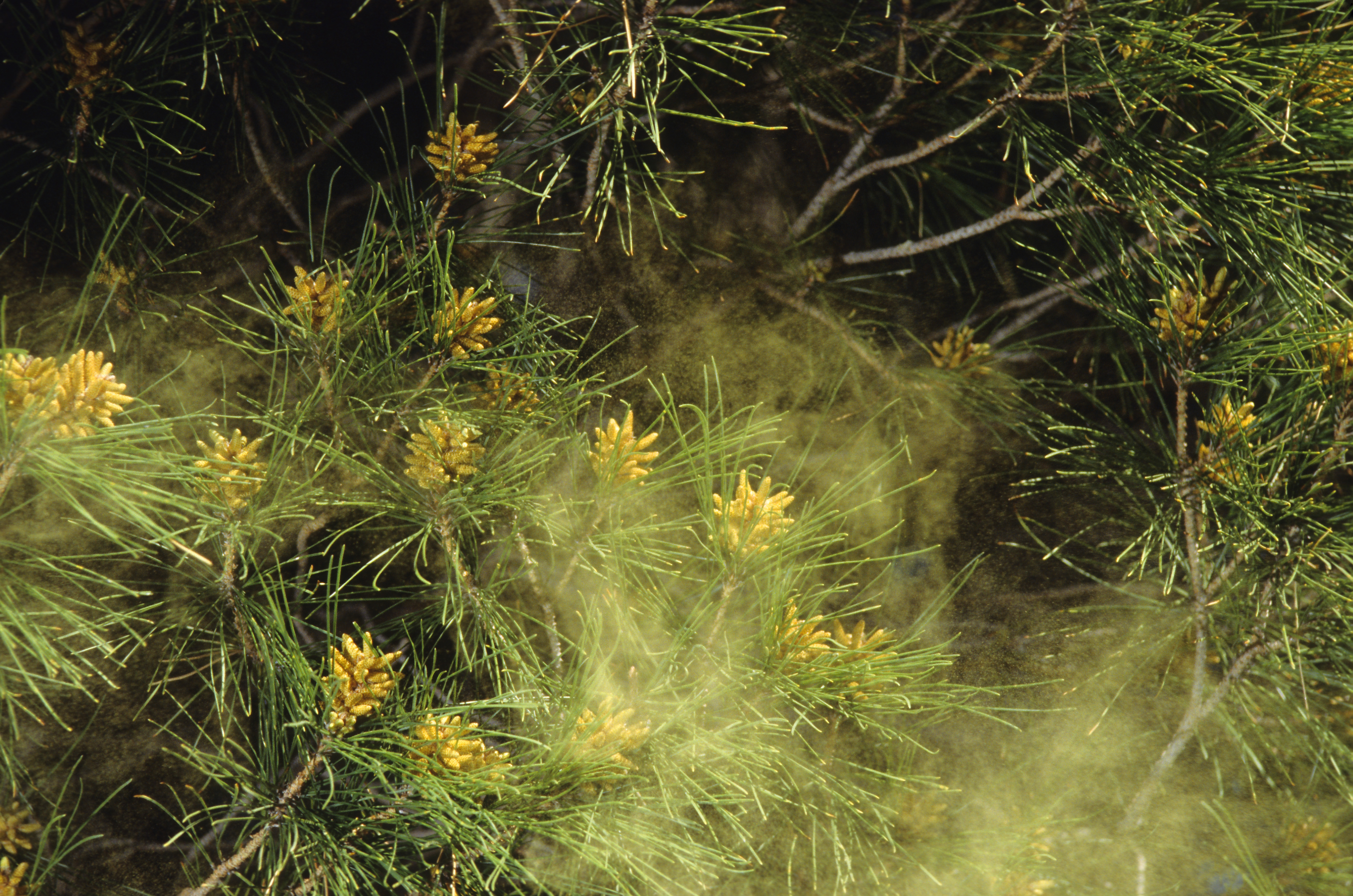
What is pine pollen?
Pollen is produced by numerous trees, flowering plants, and grasses and represents the male reproductive particles of these species. It has a fine, powdery consistency.
Pine pollen is gathered from several species of pine trees, including examples such as:
- Masson’s pine (Pinus massoniana)
- Chinese red pine (Pinus tabulaeformis)
- Scots pine (Pinus sylvestris)
Uses
Pine pollen has a long history of use for multiple health-related aims, including:
Pine pollen appears in numerous supplement formats—powders, capsules, and tinctures. Powdered pollen can be mixed into teas, smoothies, or juices, or sprinkled over cereal and granola.
Benefits
Many of the claimed benefits of pine pollen are anecdotal, coming from personal experience rather than large clinical trials.
Still, researchers have begun studying pine pollen’s possible effects. Here’s a summary of what has been explored so far.
Nutritional value
Pine pollen contains a range of nutrients, including:
- protein
- fatty acids
- carbohydrates
Human research on pine pollen as a nutritional supplement is limited.
However, a small study in pigs reported that adding pine pollen to the diet increased fecal bulk and water content, suggesting it may function as a source of dietary fiber.
Aging support
A study investigated pine pollen’s effects on aging in cultured human cells and in mice.
Most cells (except cancer cells) have a finite capacity to divide, a phenomenon called replicative senescence. The researchers observed that pine pollen delayed replicative senescence in human cells grown in culture.
In mice, pine pollen appeared to prevent memory errors in a neurological test. The investigators also noted increased activity of antioxidant systems and a reduction in markers associated with inflammation.
Antioxidant properties
Antioxidants counteract cellular damage caused by free radicals. Because antioxidant activity can be relevant to aging and disease prevention, pine pollen’s antioxidant potential has been examined.
One study found pine pollen extract showed antioxidant activity comparable to a reference compound and demonstrated anti-inflammatory effects by lowering inflammation-related molecules in stimulated cultured cells.
Another study using cultured cells and rats reported that a carbohydrate fraction isolated from pine pollen had antioxidant effects.
Moreover, when animals were exposed to a toxic agent, pre-treatment with the pollen-derived carbohydrate reduced visible liver injury and lowered levels of enzymes linked to liver damage.
Testosterone
Testosterone has been detected in pollen from the Scots pine (Pinus sylvestris). It’s estimated that about 10 grams of this pollen contains roughly 0.8 micrograms of testosterone.
For this reason, pine pollen is marketed as a testosterone-support supplement. However, there are no definitive human studies proving it effectively raises testosterone levels.
Health conditions
Research examining pine pollen’s effects on specific conditions is still limited.
One animal study evaluated pine pollen extract in a model of chronic arthritis in mice. Daily treatment for 49 days reduced arthritis symptoms and lowered inflammatory markers.
A 2013 study using liver cancer cells in culture found that a carbohydrate derived from pine pollen could halt cell cycle progression. Since uncontrolled growth and division characterize cancer cells, this finding is of interest, though preliminary.
Side effects and risks
Before using pine pollen, it’s important to be aware of possible risks and adverse effects.
Testosterone levels
Testosterone is a key hormone influencing many bodily functions. If using pine pollen to support testosterone, avoid excessive intake.
Excessively high testosterone can contribute to issues in men such as:
If you’re considering pine pollen for testosterone support and are concerned about risks, consult a physician before use.
Allergies and allergic reactions
Many individuals are allergic to pollen. Consuming pine pollen could trigger allergy symptoms in susceptible people. Common pollen allergy signs include:
Anaphylaxis
Exposure to allergens can, in rare cases, provoke anaphylaxis—a severe, life-threatening reaction requiring immediate medical attention. Warning signs include:
The takeaway
Although pollen is commonly known as an allergen, pine pollen has a long tradition in medicinal use. It’s promoted for “anti-aging” effects, symptom relief for various conditions, and testosterone support.
Current research suggests pine pollen may have antioxidant and anti-inflammatory activity, which could be helpful for certain health concerns, but more robust studies are needed.
Anyone with pollen allergies should steer clear of pine pollen products.
If you’re thinking about using pine pollen as a supplement, discuss it with your doctor, pharmacist, or another healthcare provider to address safety and suitability for your situation.
Pine pollen may provide antioxidant and anti-inflammatory effects and is sometimes promoted as a natural way to support testosterone. If you have pollen sensitivities, avoid pine pollen products.Many people don’t realize pollen can be used for wellness purposes. Indeed, pollen has been included in traditional remedies and modern preparations.
One commonly used variety is pine pollen. It’s touted for its putative anti-aging (or, more neutrally, “pro-aging support”) qualities, its ability to reduce tiredness, and its potential to raise testosterone.
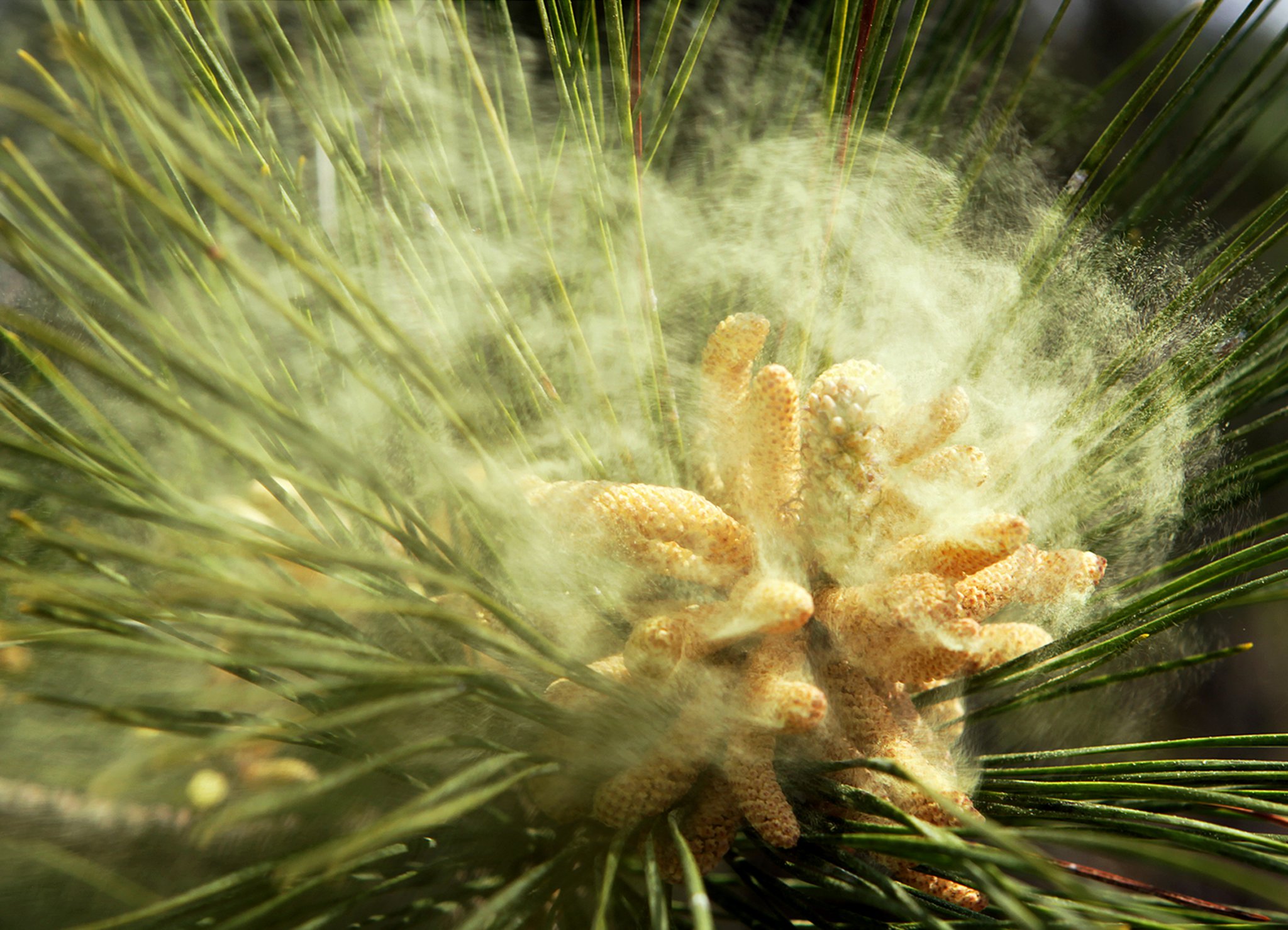
Read on for an overview of pine pollen, how it’s used, and what benefits and risks have been reported.
What is pine pollen?
Pollen is produced by numerous trees, flowering plants, and grasses and represents the male reproductive particles of these species. It has a fine, powdery consistency.
Pine pollen is gathered from several species of pine trees, including examples such as:
- Masson’s pine (Pinus massoniana)
- Chinese red pine (Pinus tabulaeformis)
- Scots pine (Pinus sylvestris)
Uses
Pine pollen has a long history of use for multiple health-related aims, including:
Pine pollen appears in numerous supplement formats—powders, capsules, and tinctures. Powdered pollen can be mixed into teas, smoothies, or juices, or sprinkled over cereal and granola.
Benefits
Many of the claimed benefits of pine pollen are anecdotal, coming from personal experience rather than large clinical trials.
Still, researchers have begun studying pine pollen’s possible effects. Here’s a summary of what has been explored so far.
Nutritional value
Pine pollen contains a range of nutrients, including:
- protein
- fatty acids
- carbohydrates
Human research on pine pollen as a nutritional supplement is limited.
However, a small study in pigs reported that adding pine pollen to the diet increased fecal bulk and water content, suggesting it may function as a source of dietary fiber.
Aging support
A study investigated pine pollen’s effects on aging in cultured human cells and in mice.
Most cells (except cancer cells) have a finite capacity to divide, a phenomenon called replicative senescence. The researchers observed that pine pollen delayed replicative senescence in human cells grown in culture.
In mice, pine pollen appeared to prevent memory errors in a neurological test. The investigators also noted increased activity of antioxidant systems and a reduction in markers associated with inflammation.
Antioxidant properties
Antioxidants counteract cellular damage caused by free radicals. Because antioxidant activity can be relevant to aging and disease prevention, pine pollen’s antioxidant potential has been examined.
One study found pine pollen extract showed antioxidant activity comparable to a reference compound and demonstrated anti-inflammatory effects by lowering inflammation-related molecules in stimulated cultured cells.
Another study using cultured cells and rats reported that a carbohydrate fraction isolated from pine pollen had antioxidant effects.
Moreover, when animals were exposed to a toxic agent, pre-treatment with the pollen-derived carbohydrate reduced visible liver injury and lowered levels of enzymes linked to liver damage.
Testosterone
Testosterone has been detected in pollen from the Scots pine (Pinus sylvestris). It’s estimated that about 10 grams of this pollen contains roughly 0.8 micrograms of testosterone.
For this reason, pine pollen is marketed as a testosterone-support supplement. However, there are no definitive human studies proving it effectively raises testosterone levels.
Health conditions
Research examining pine pollen’s effects on specific conditions is still limited.
One animal study evaluated pine pollen extract in a model of chronic arthritis in mice. Daily treatment for 49 days reduced arthritis symptoms and lowered inflammatory markers.
A 2013 study using liver cancer cells in culture found that a carbohydrate derived from pine pollen could halt cell cycle progression. Since uncontrolled growth and division characterize cancer cells, this finding is of interest, though preliminary.
Side effects and risks
Before using pine pollen, it’s important to be aware of possible risks and adverse effects.
Testosterone levels
Testosterone is a key hormone influencing many bodily functions. If using pine pollen to support testosterone, avoid excessive intake.
Excessively high testosterone can contribute to issues in men such as:
If you’re considering pine pollen for testosterone support and are concerned about risks, consult a physician before use.
Allergies and allergic reactions
Many individuals are allergic to pollen. Consuming pine pollen could trigger allergy symptoms in susceptible people. Common pollen allergy signs include:
Anaphylaxis
Exposure to allergens can, in rare cases, provoke anaphylaxis—a severe, life-threatening reaction requiring immediate medical attention. Warning signs include:
The takeaway
Although pollen is commonly known as an allergen, pine pollen has a long tradition in medicinal use. It’s promoted for “anti-aging” effects, symptom relief for various conditions, and testosterone support.
Current research suggests pine pollen may have antioxidant and anti-inflammatory activity, which could be helpful for certain health concerns, but more robust studies are needed.
Anyone with pollen allergies should steer clear of pine pollen products.
If you’re thinking about using pine pollen as a supplement, discuss it with your doctor, pharmacist, or another healthcare provider to address safety and suitability for your situation.

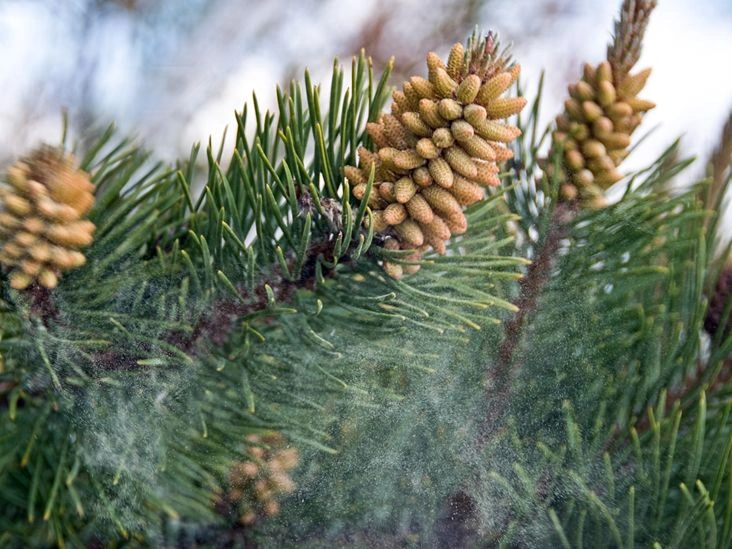
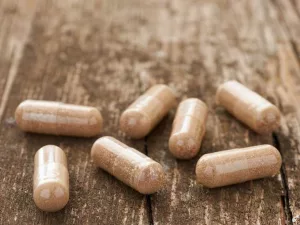


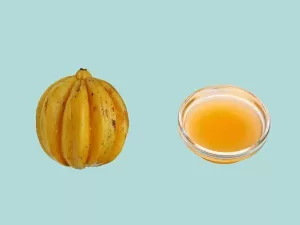





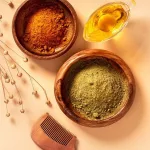



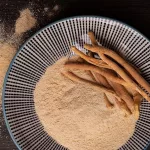
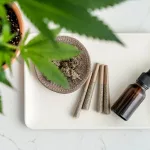



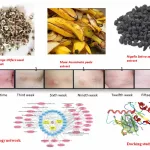




Leave a Reply
You must be logged in to post a comment.